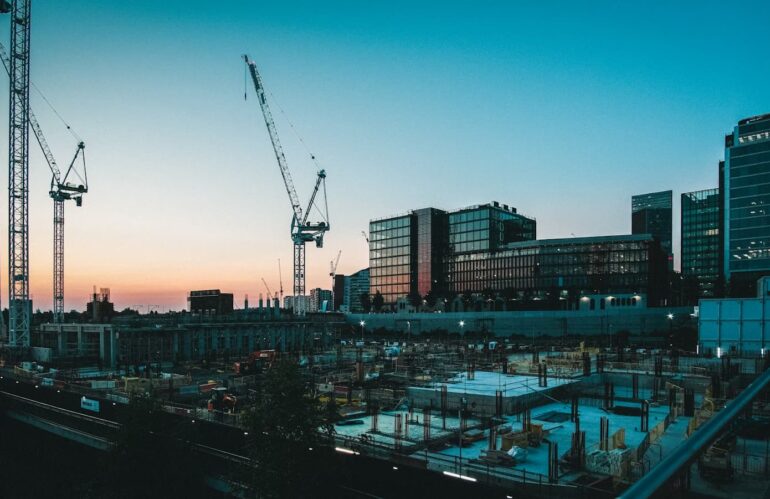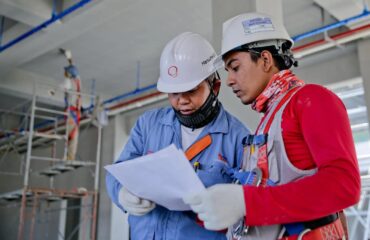Logistics underpin the success of large-scale construction ventures. Coordinating the timely delivery of materials, overseeing transportation routes, and ensuring that resources arrive on-site when needed are all essential components of effective logistics administration. One of the significant challenges in this domain is managing the supply chain for materials transported by sea. This is where tools like VesselFinder become invaluable, offering real-time tracking capabilities that ensure materials reach the construction site as scheduled.
Logistical Challenges in Major Construction Undertakings
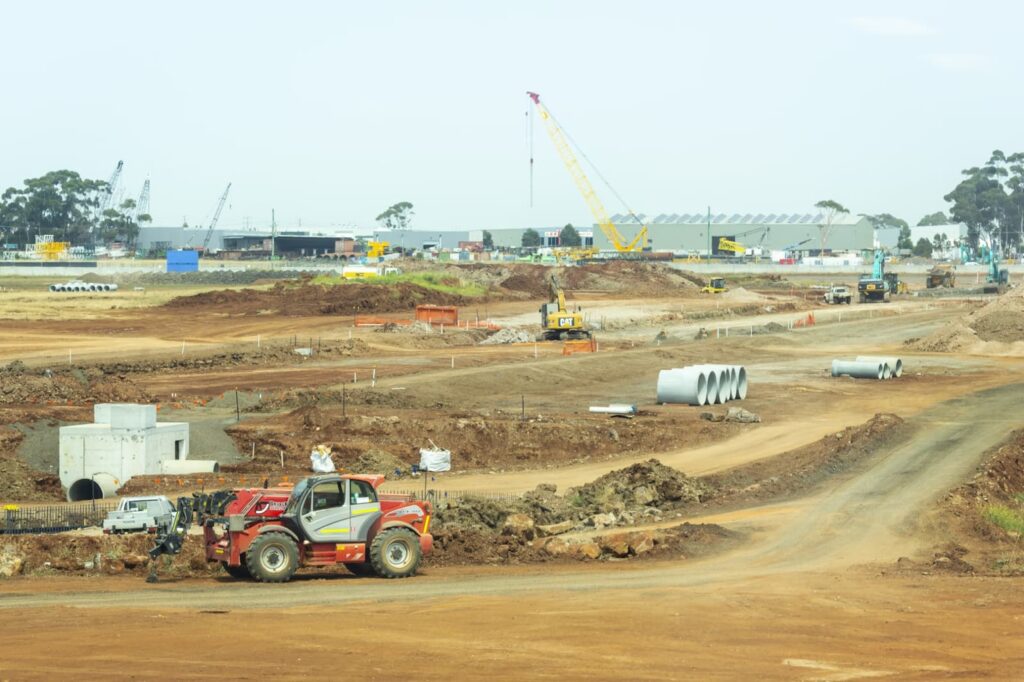
Handling logistics for large construction endeavors is fraught with challenges that can significantly impact timelines and budgets. These challenges include:
Supply Chain Complexity
Large construction initiatives often require a diverse range of materials sourced from various suppliers worldwide. Coordinating the supply chain for these materials can be incredibly complex, involving multiple modes of transportation, such as shipping, trucking, and rail. Delays or disruptions in any part of this supply chain can cause significant project delays.
For example, if steel beams required for a skyscraper are delayed at a port due to customs issues or shipping delays, the entire project schedule can be thrown off. This makes it crucial for project managers to have visibility into every stage of the supply chain to anticipate and mitigate potential delays.
Transportation and Delivery Coordination
Materials must be delivered in the correct sequence to match the project schedule. Early or late deliveries can lead to storage issues on-site or cause delays in construction activities. Additionally, large construction sites often have limited space for storing materials, making just-in-time delivery a necessity.
Moreover, construction sites are dynamic environments with various activities happening simultaneously. Coordinating deliveries to ensure they do not disrupt ongoing work requires meticulous planning and real-time communication.
Solutions to Logistical Challenges
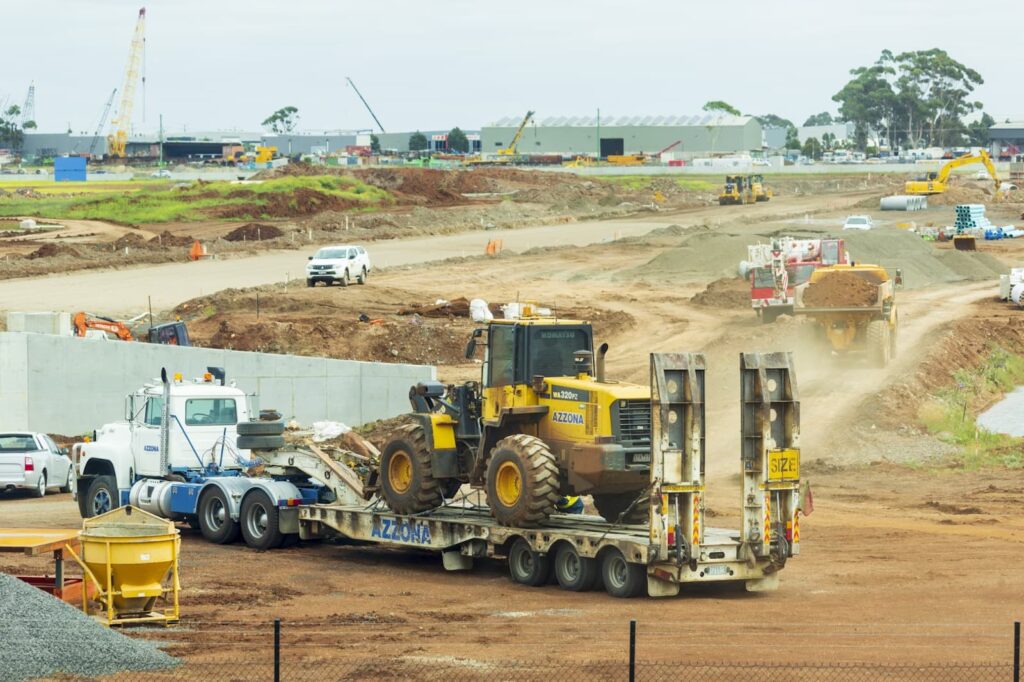
The issues that are present in large-scale building projects are enormous; nevertheless, there are a number of tactics and technologies that may assist in properly managing these challenges.
Planning and Scheduling
Prior planning and scheduling are fundamental to handling logistics in construction undertakings. Project managers use detailed schedules that outline when each material and resource is needed on-site. These schedules are often created using project management software that allows for real-time updates and adjustments.
Additionally, managers develop contingency plans to address potential delays in the supply chain. This involves identifying alternative suppliers, delivery routes, and storage solutions to mitigate the impact of any disruptions.
Real-Time Tracking and Monitoring
When it comes to keeping control over the logistics of a building project, real-time tracking and monitoring of supplies are very necessary responsibilities. Tools like VesselFinder provide invaluable assistance in this area by offering real-time tracking of vessels transporting materials by sea. With VesselFinder, project managers can monitor the exact location of shipments, anticipate arrival times, and coordinate with logistics providers to ensure timely delivery.
For instance, if a shipment of precast concrete panels is delayed due to adverse weather conditions at sea, project managers can use VesselFinder to track the vessel’s progress and adjust the project schedule accordingly. This real-time visibility allows for proactive management of the supply chain, reducing the risk of unexpected delays.
The Benefits of Communication and Teamwork
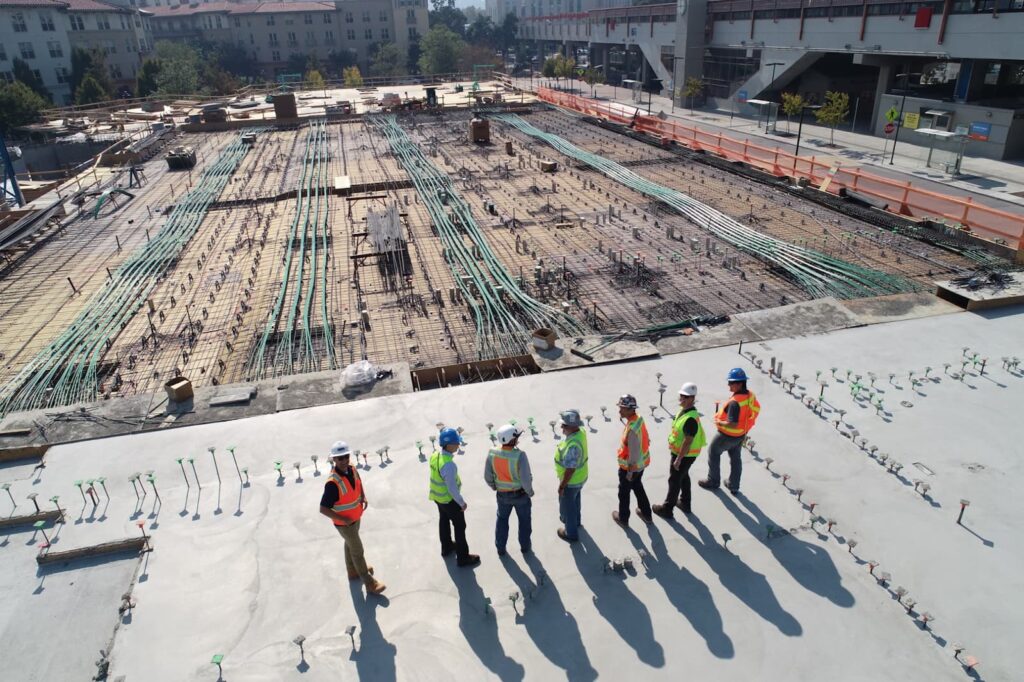
Managing logistics in big-scale building projects depends on efficient cooperation and communication. Keeping all stakeholders updated on the status of goods and delivery ensures that everyone is on the same page and able to make sound choices.
Stakeholder Communication
Regular communication with suppliers, transportation providers, and on-site teams is vital. Project managers must establish clear communication channels and protocols to ensure timely information exchange. This can be facilitated by using project management software that allows for real-time updates and notifications.
Additionally, conducting regular meetings with key stakeholders helps to address any issues promptly and keeps the project on track. These meetings can be used to review the status of deliveries, identify potential bottlenecks, and develop action plans to address any challenges.
Collaboration Instruments
Cloud-based platforms enable real-time data sharing and collaboration among project team members, suppliers, and logistics providers. These platforms provide a centralized repository for project documents, schedules, and communication, ensuring that everyone has access to the latest information.
For example, using a cloud-based project management platform like Procore, project managers can share delivery schedules with suppliers and receive real-time updates on shipment statuses. This level of collaboration ensures that any issues are identified and addressed quickly, reducing the risk of delays.
Using Technology to Support Effective Logistics Management
Technology has become a key enabler in handling projects. Advanced tools and technologies provide project managers with the visibility and control needed to ensure the smooth flow of materials and resources.
Software
Software integrates various functions, such as transportation monitoring, inventory control, and order processing, into a single platform. These systems provide actual-time info on the status of shipments, inventory levels, and delivery schedules, enabling project managers to make informed decisions.
For instance, logistics management software like SAP Transportation Management or Oracle Transportation Management can be used to optimize transportation routes, reducing transit times and costs. The software can also provide alerts for potential disruptions, allowing project managers to take proactive measures to mitigate any impact on the project.
Internet of Things (IoT) and Sensors
The Internet of Things (IoT) and sensor technology are increasingly being used to improve constructing administration of logistics. IoT devices and sensors can be attached to shipments and equipment to provide real-time data on their location, condition, and status.
For example, sensors can monitor the temperature and humidity of sensitive materials during transit, ensuring that they are delivered in optimal condition. IoT devices can also track the movement of equipment on-site, providing project managers with real-time visibility into resource utilization.
In Summary
Proper logistics administration is critical to the smooth execution of huge-scale building initiatives. By addressing the logistical challenges of supply chain complexity, transportation coordination, and effective dialog, project managers can ensure that materials and resources arrive on-site as scheduled. Leveraging tools like VesselFinder for real-time tracking and employing advanced planning, scheduling, and collaboration technologies further enhance logistics management. Finally, integrating these techniques and technologies allows construction projects to be finished on time, under budget, and with the highest quality standards.
